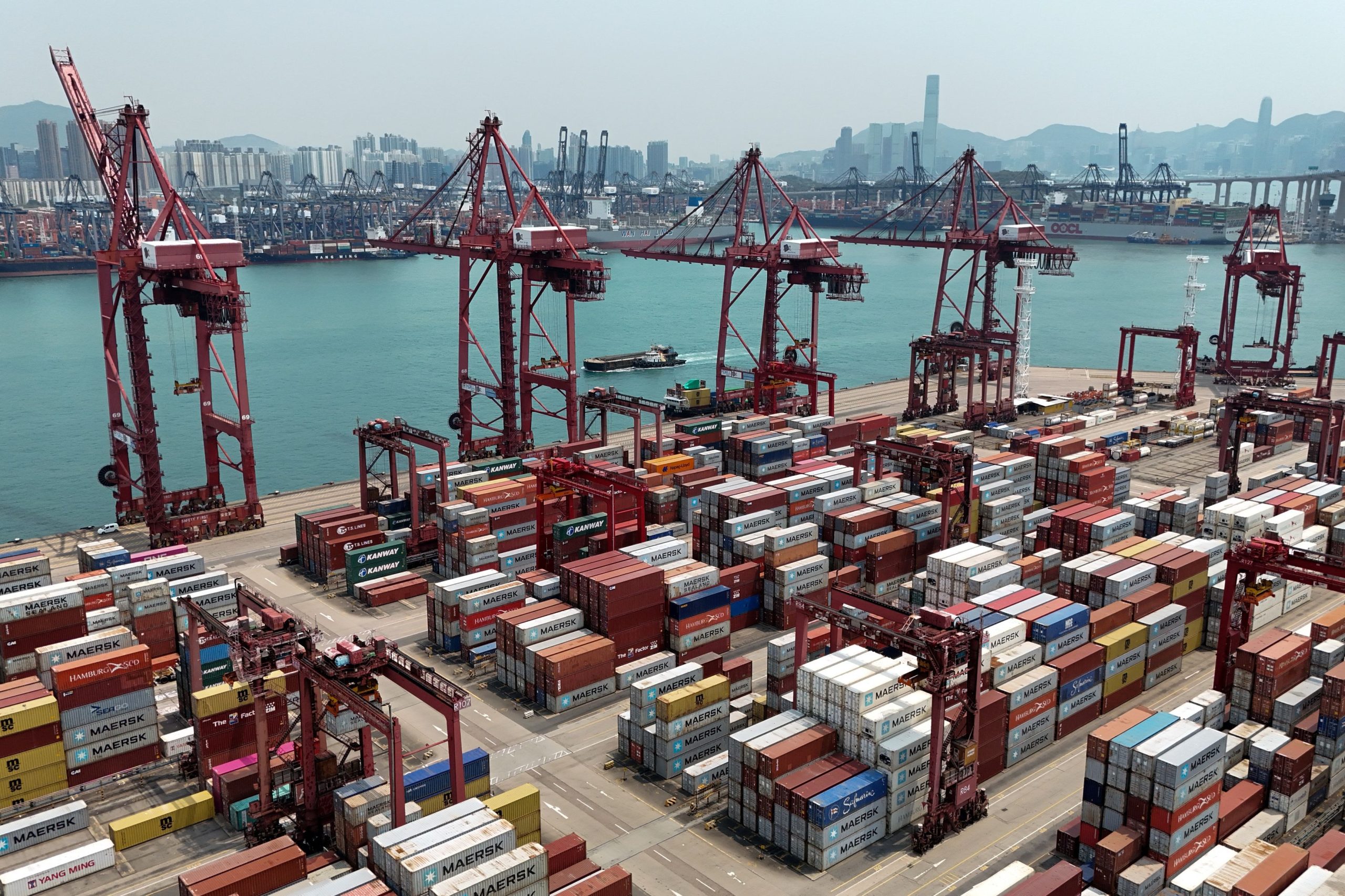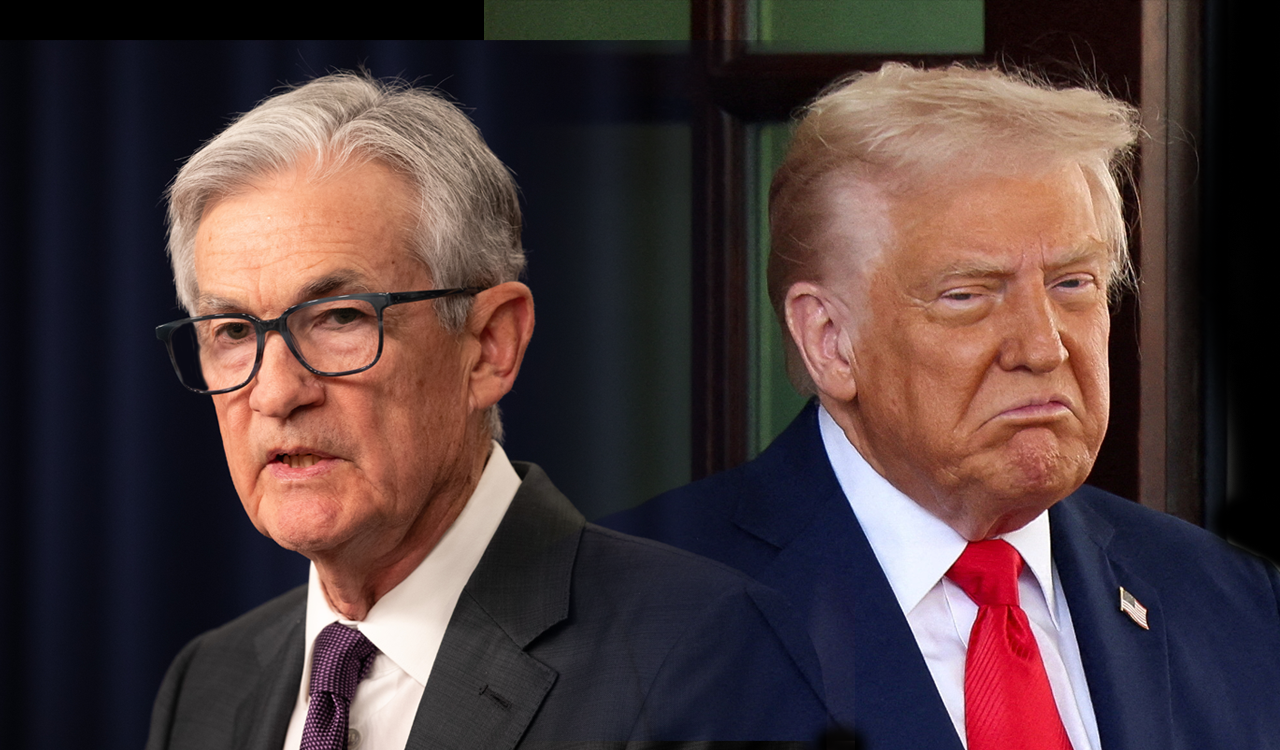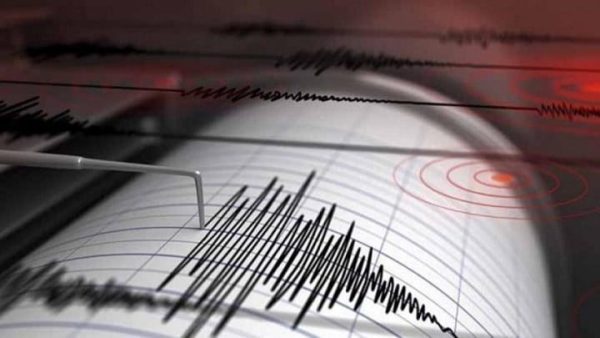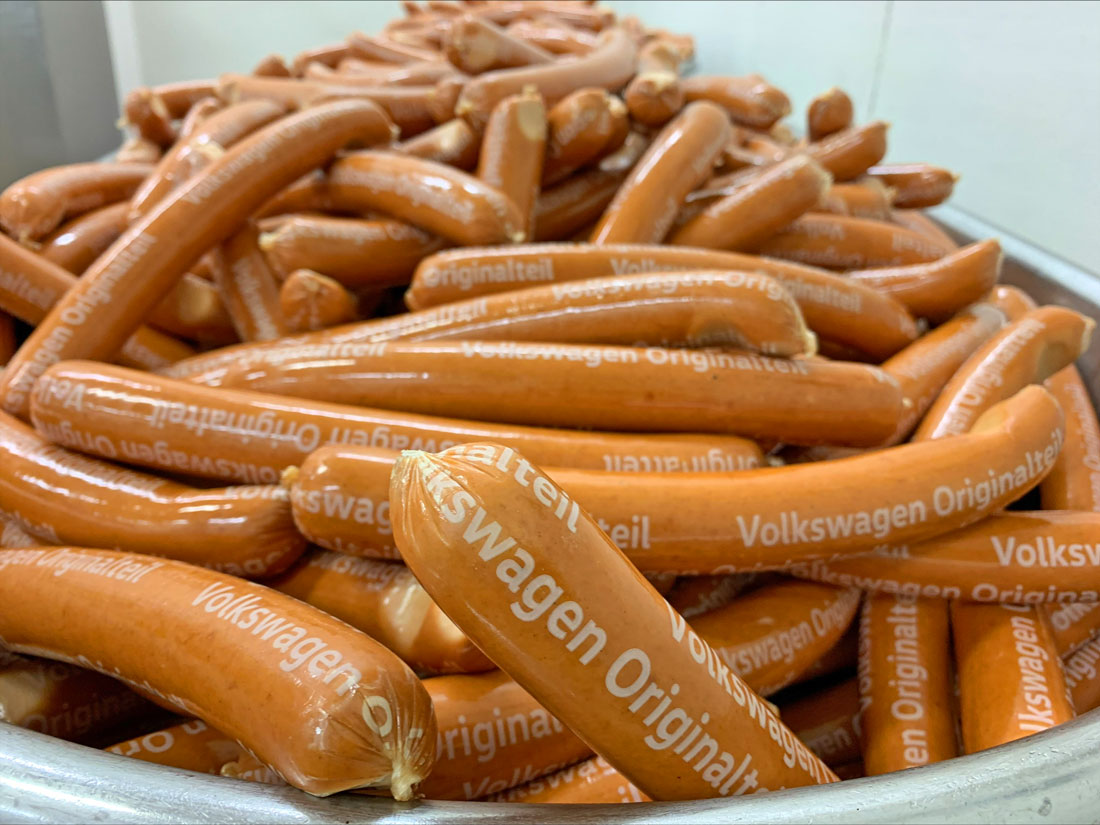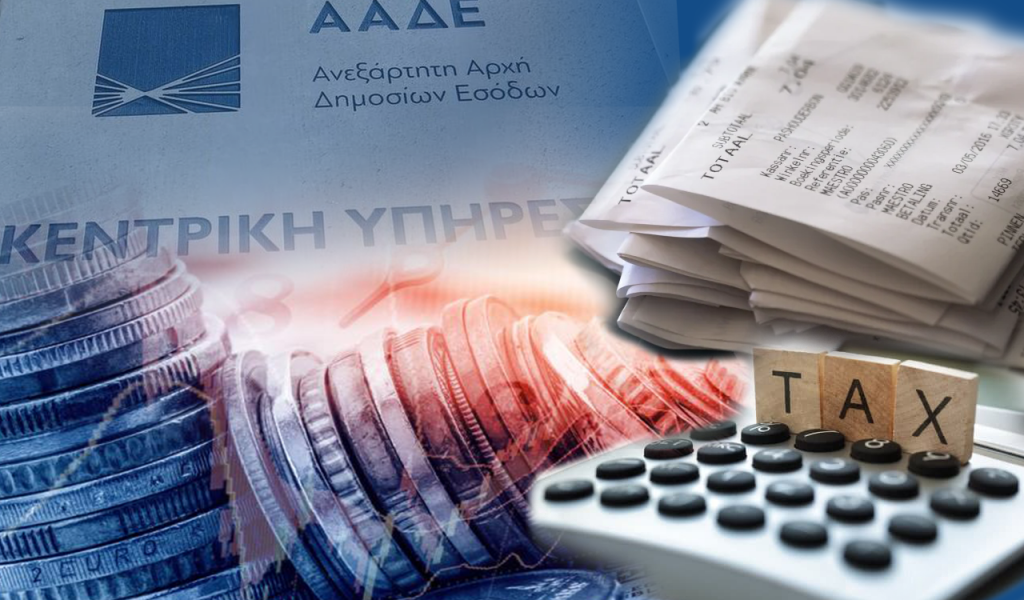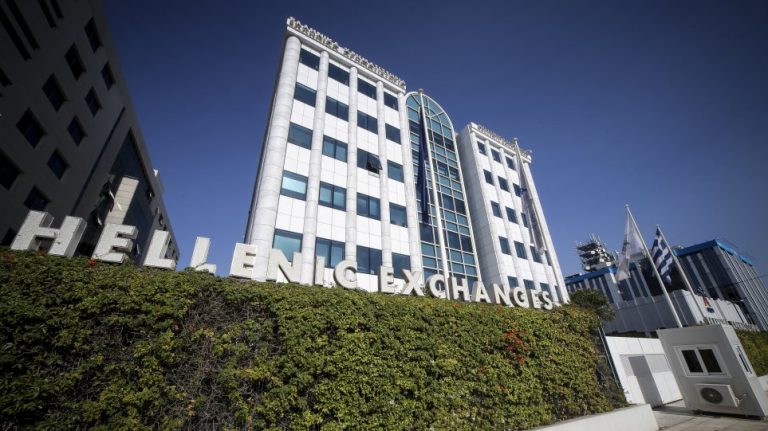Significant recovery of the textile sector is observed during the nine months of 2021, according to the Association of Greek Textile Manufacturers (SEVK).
In particular, the industry is recording very good results and a positive growth course. According to ELSTAT data, the production index in the first nine months of 2021 showed an increase of 18%. Exports of all textile processing products increased by 11.9% compared to 0.1% in 2020. Exports of cotton yarn increased dramatically by 35%, while exports of cotton increased by 51.9%. Imports of raw materials and processed textiles increased by 6.7%.
“Based on the above, we believe that a new beginning of development and rebirth of this important industrial sector of the country begins, for the benefit of the economy,” said the president of SEVK, Eleftherios Kourtalis, during the meeting of the Board of Directors on November 23 2021. He added that in order to achieve this goal the government should help and eliminate the significant disincentives we have been experiencing in recent years, which are an obstacle to the development of the industry and which we point out as follows:
Energy price spike
1. The jump in the price of energy, which now enters the cost of the product by 50-60%, (with our country emerging as the most expensive electricity market in the EU), which makes us uncompetitive compared to its other European companies industry.
A constant demand of SEVK, for the last decade, for a predominantly energy-intensive sector, such as the textile industry, is to equate the price of electricity at medium voltage with the price of high voltage.
The BSEC notes that the privilege of the price of high voltage electricity is enjoyed by only 4-5 industries, while the textile sector has dozens of factories across the country, which in total the consumption of electricity far exceeds the consumption of the larger concerns.
Also, for as long as the crisis lasts, SEVK proposes, in order to reduce energy costs, to freeze the charges on networks, SGI (Utilities) & ETMEAR (Special Fee for Reduction of Gaseous Emissions), and not to pay the spacial consumption tax in electricity and natural gas for 2021.
In addition, the Greek textile industry has been excluded, across Europe, from the measure of compensating the cost of pollutants, which means that from the new year we will have this burden as well.
Credit suffocation
2. The credit crunch that plagues the industry and the lack of liquidity, has always been the main reason for the decline in production and a brake on its growth.
According to SEVK, in the current positive situation, the financing of the sector (which is mainly export-oriented) by banks with reduced interest rates, would help increase production and exports, because due to the doubling of market prices for raw materials, double working capital is required for industries. SEVK proposes that the banks increase the financing for the purchase of raw materials, with a partial guarantee from the state.
In the current context of strong demand for yarns and textiles from abroad and the upward trend in yarn & cotton prices, but also due to the trend in the EU to reduce its productive dependence on Asia, SEVK points out:
– The domestic textile industry can be sustainable and competitive, as long as the existing productive disincentives are removed
– There will always be demand in Europe for textile products from Greece (lower transport costs, response speed, higher quality).
– The Greek economy could significantly increase its GDP, if the industry manages to process, by itself, the cotton produced (protagonist in the positive course of the chain) with a full vertical phase of production and not just export it as raw material .

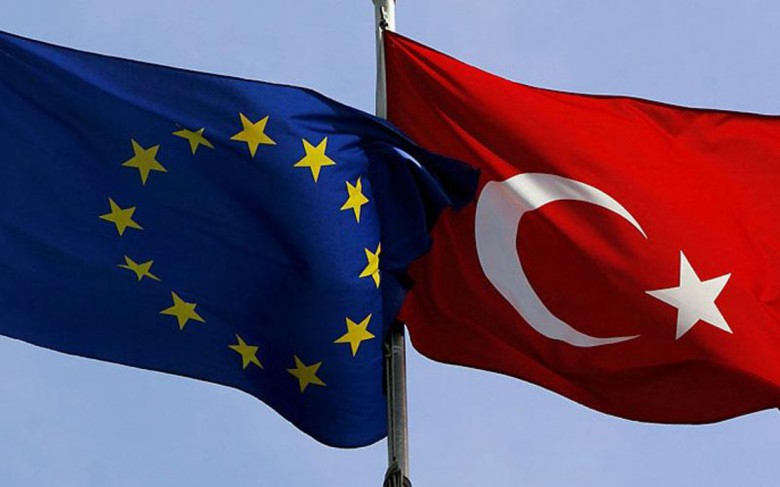

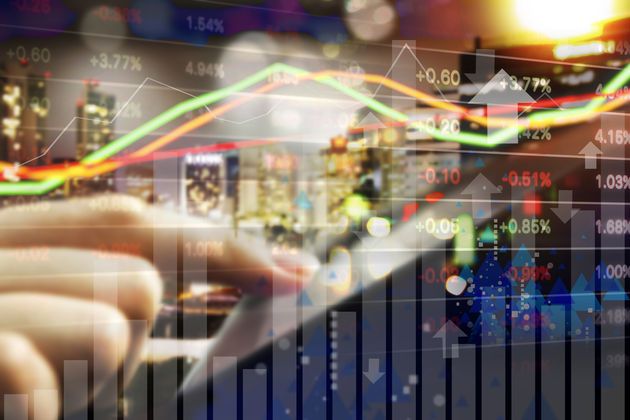



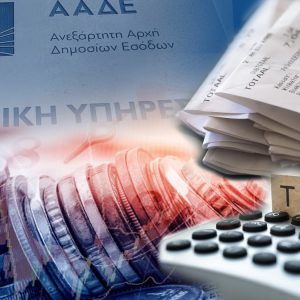
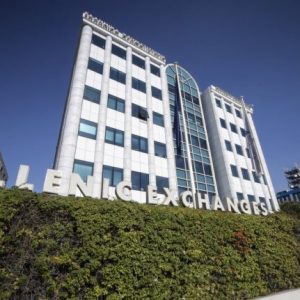


![Οι αλλαγές που υπάρχουν στα φορολογικά έντυπα για τα εισοδήματα του φορολογικού έτους 2024 από ακίνητα [Γ’ Μέρος]](https://www.ot.gr/wp-content/uploads/2025/03/akinita.jpeg)

